Controls the emotional brain.
With post-concussion symptoms a person may experience: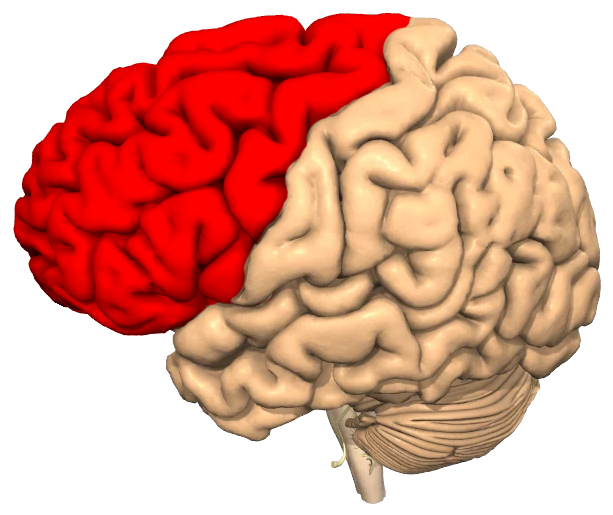
- May appear to not care
- Might “give up”
- Be Angry, Compulsive, Cry
- Executive Functions – meaning they cant explain what’s happening to them
- Zone Out
Tells us information about our own body and where it is in space.
With post-concussion symptoms a person may experience: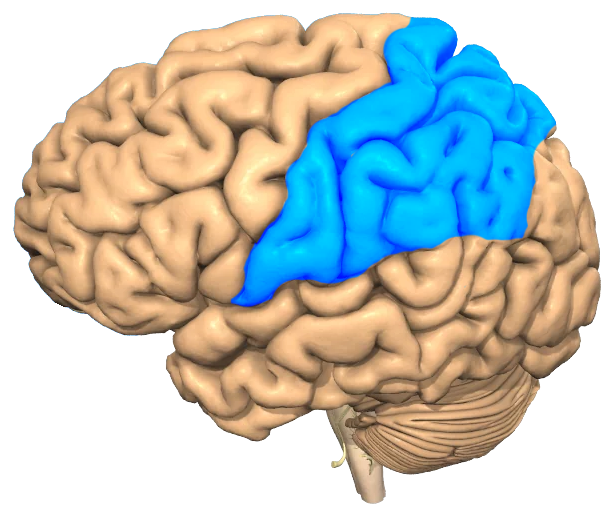
- Difficulty explaining the odd feelings they have in their body.
- Spatially disoriented world; often times bumps into things.
- Their world feels out of balance.
Associates with emotions, imagination, memory and smell.
With post-concussion symptoms, a person may experience: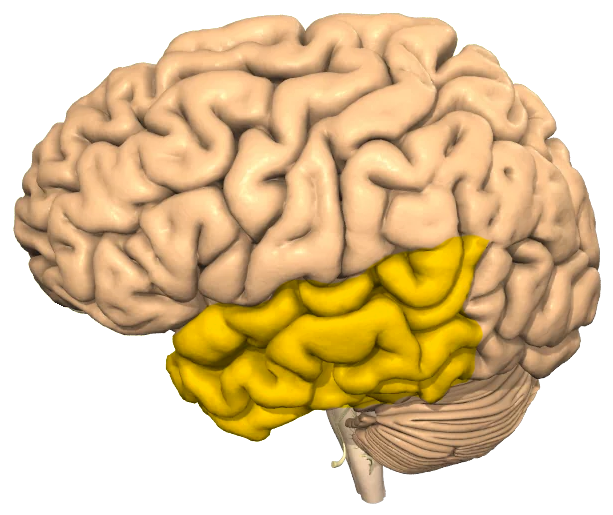
- Changes in short or long term memory
- Changes in emotion
- Difficulty processing conversations
- Hallucinations (they may smell, taste, see or feel things that aren’t there)
Often times the person suffering from these symptoms is afraid to share what they are going through. They are afraid people will think they are crazy.
Visual processing center.
With post-concussion symptoms, a person may experience: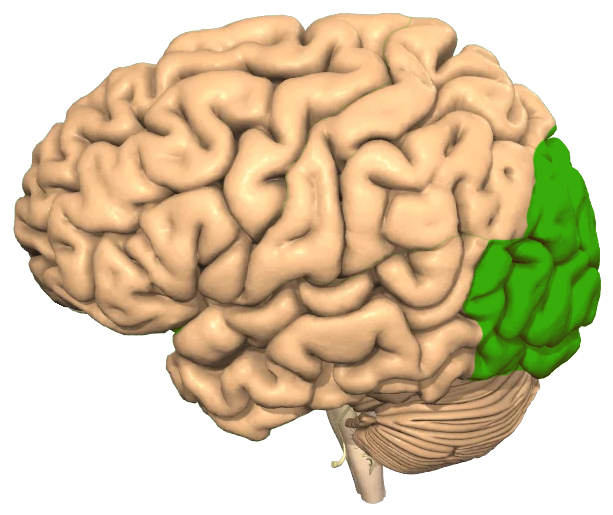
- Visual disturbances
- Double vision / Blurred Vision
- Loss of vision
- Bothered by flashing lights
- Loss of visual processing (sees objects but don’t know what they are any more)
*Doctors will check the eyes and say “everything is fine.” But the patients symptoms are coming from the visual processing center. So the visual disturbances are brain based, not an eye problem.
Balance and Coordination Center
With post-concussion symptoms, a person may experience: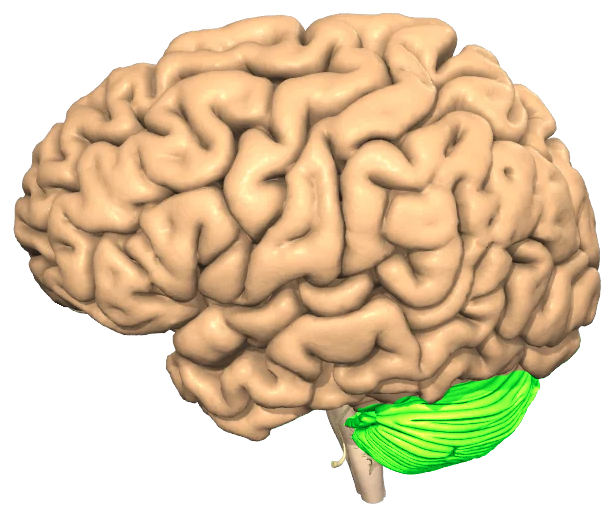
Sends dopamine to the whole brain and makes you happy. It also filters light and sound.
With post-concussion symptoms, a person may experience: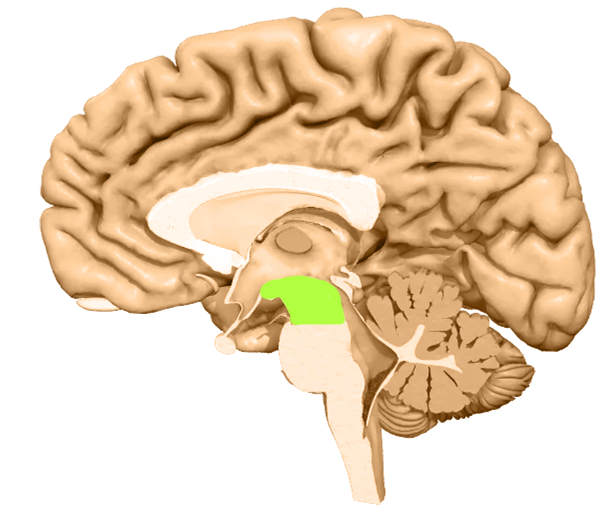
- Tremors / Muscle Spasms
- Light & Sound sensitivity
- Become Impulsive
- Hypervigilant / Controlling
- Snappy / Violent
- OCD
- Anxious
- Emotional Outbursts
Controls heart rate & blood pressure, anxiety center and nausea center.
With post-concussion symptoms, a person may experience: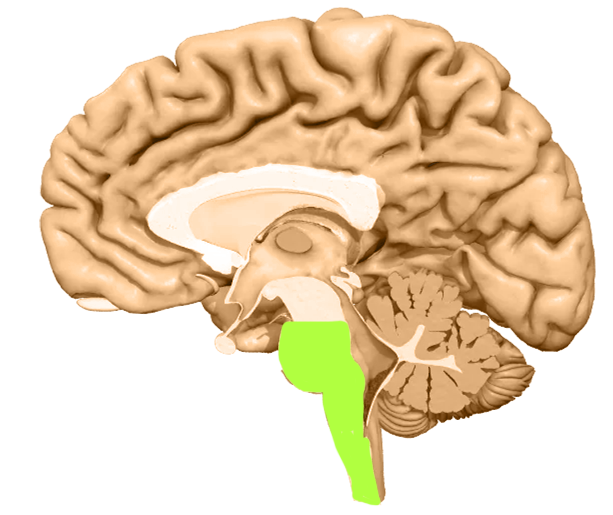
- Light Headed
- Heart Racing
- Sweats
- Anxiety
- Panic Attacks
- Drop Attacks (heart rate goes very low)
- Digestive Issues

 Frontal Lobe
Frontal Lobe  Parietal Lobe
Parietal Lobe  Temporal Lobe
Temporal Lobe  Occipital Lobe
Occipital Lobe  Cerebellum
Cerebellum  Upper Brain Stem
Upper Brain Stem  Lower Brain Stem
Lower Brain Stem 






